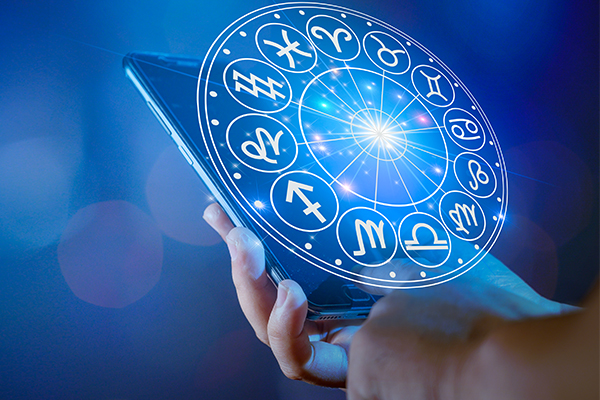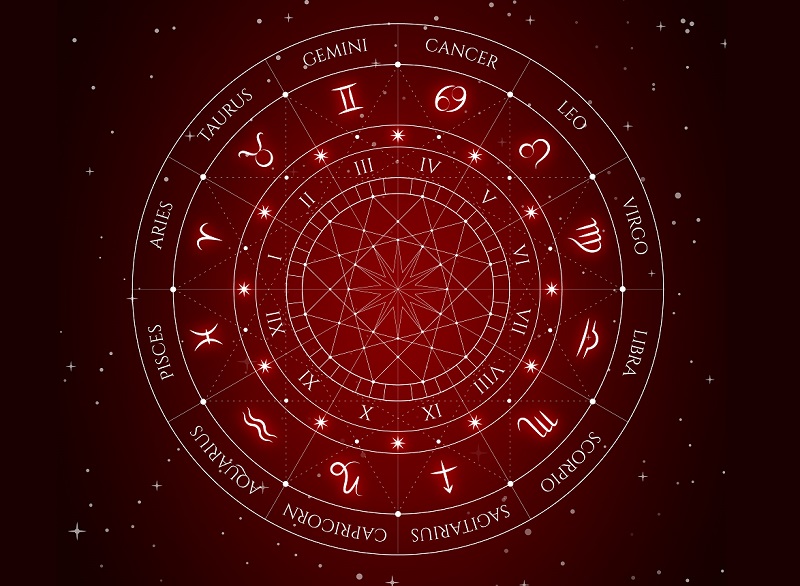

Astrology is a belief system and a field of study that suggests a relationship between the positions and movements of celestial bodies, such as planets and stars, and events on Earth, including human life and personality. It is based on the idea that the positions of these celestial bodies at the time of a person’s birth can influence their character, behavior, and destiny.
Key concepts in astrology include:
- Zodiac Signs: Astrology divides the celestial sphere into twelve segments, each associated with a specific zodiac sign. These signs are Aries, Taurus, Gemini, Cancer, Leo, Virgo, Libra, Scorpio, Sagittarius, Capricorn, Aquarius, and Pisces.
- Planets: Astrology considers the positions and movements of planets, including the Sun and Moon, along with specific celestial points like the Ascendant (rising sign) and Midheaven. Each planet is associated with certain qualities and influences.
- Horoscope: A horoscope, also known as a natal or birth chart, is a personalized map of the celestial positions at the exact time and place of a person’s birth. It outlines the positions of the Sun, Moon, planets, and other celestial factors in relation to the twelve houses of the zodiac.
- Aspects: Aspects refer to the angles formed between planets in a horoscope. Astrologers analyze these aspects to understand the relationships and interactions between different celestial bodies, which is believed to influence a person’s characteristics and life events.
